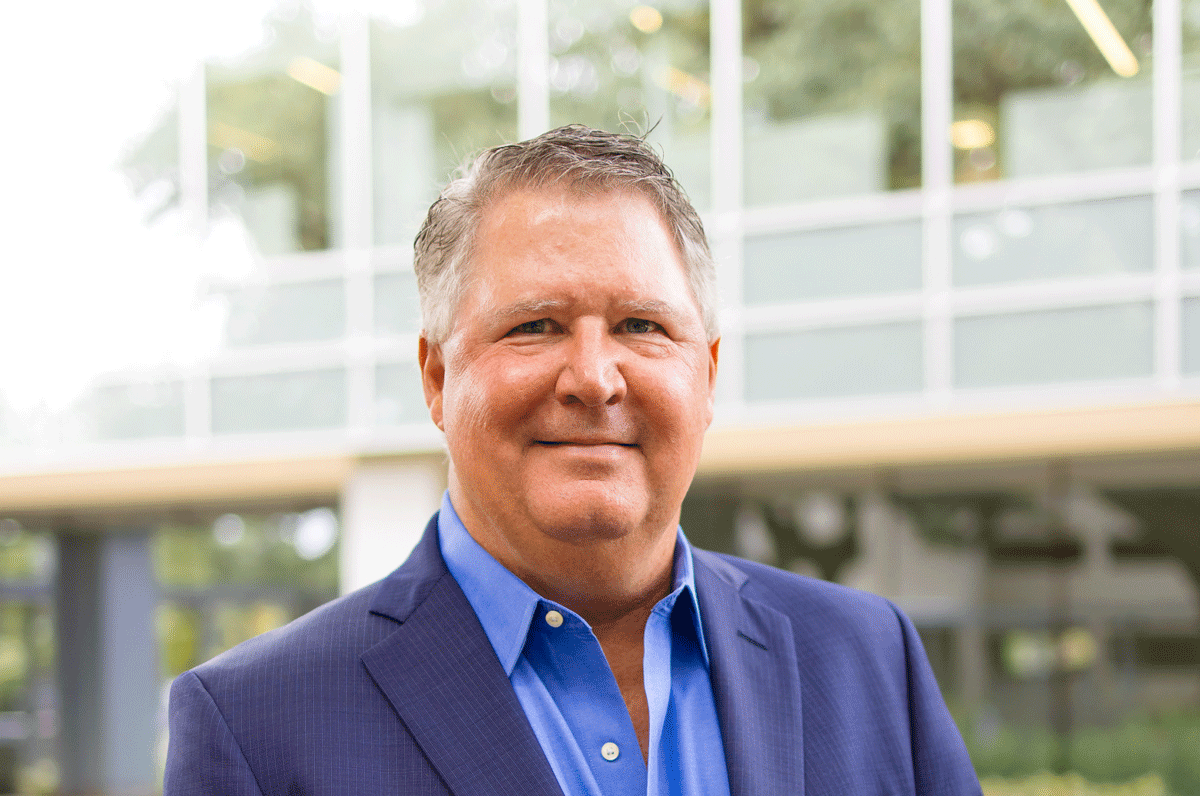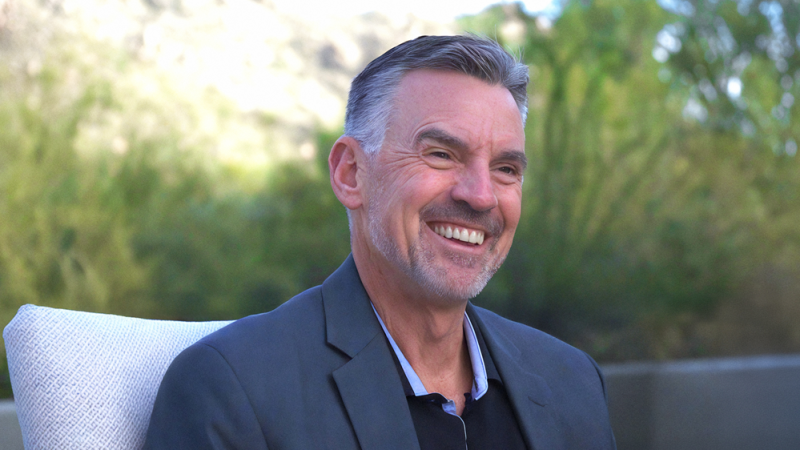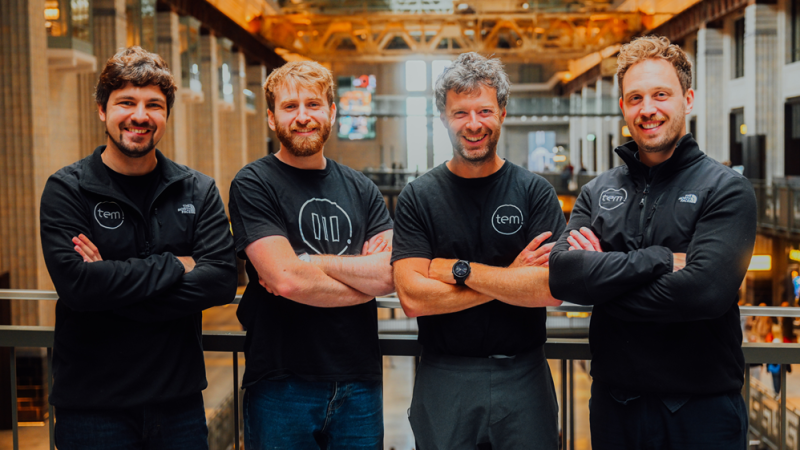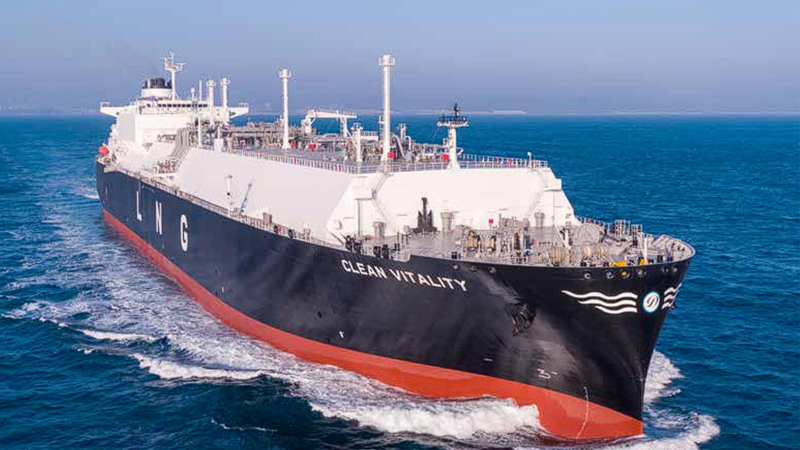Titan Production Equipment started life as Smith Industries in 1927 and through time and acquisitions, it grew to become a $300M North American production equipment manufacturing division of Exterran Corporation. Then in 2018, it was acquired by private equity firm Castle Harlan beginning a new era for the business. Still, even now the firm maintains continuity with its time at Exterran, with the firm’s CEO, Chris Werner, who was a former Officer and SVP Global Operation at Exterran, continuing to run the company throughout the transition.
“Castle Harlan approached me about carving out the production equipment division at Exterran to support the rapid growth in U.S. oil and gas production and infrastructure build-out, and we successfully acquired the company,” he recalls.
At the time the deal went through, the division had largely been mothballed by Exterran. On acquiring the company, Titan had 42 employees, two weeks of backlog and no customers. It was, for all intents and purposes, like starting a company from scratch.
As the new company’s CEO, Werner had to implement a new ERP system, establish a new Headquarters location, and restart Titan’s 220,000-square-foot facility.
“We had to rebuild customer relationships as if we were a start-up, but we had the advantage of leveraging our history with customers and employees,” Werner tells us. “Within the first 12 months going into the summer of 2019, we grew the company to 242 employees.”
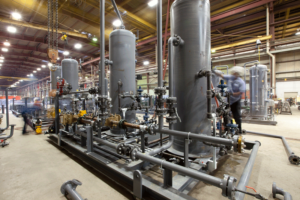 Moving Away from the Rig Count
Moving Away from the Rig Count
Titan’s leading indicator for future demand for their products which are used for completing wells to produce and process hydrocarbons is North America’s active “rig count”. Following the onset of Covid, Titan saw demand destruction of over 70% as the active rig count declined to an unprecedented 239 rigs by the summer of 2020 while the company employment dropped down to a low of 107.
“But we survived,” Werner tells us. “We were able to manage our cash and our operations.
Further, Titan used the downturn as an opportunity to invest in automation at its factory. At the same time, Werner began the process of diversifying Titan’s product portfolio.
“We saw an enormous opportunity developing within the clean energy sector and the ability to leverage our engineering, design and manufacturing experiences and leadership with traditional separator technology to serve that sector,” Werner says. “We partner with customers in the clean energy space that have existing IP and we can support them with our manufacturing capabilities.”
Following this strategy, the company has seen clean energy grow to encompass 25% of Titan’s bookings, and Werner expects that to become a larger proportion of the company’s portfolio going forward.
“It has been an exciting evolution for us as a company,” Werner says. “We have key people from Exterran that are leading our team along with talent we’ve added from other companies. We have successfully grown the company, and today we have 350 employees. The company has grown by over 50% even as the rig count has declined over 30% since last year. We solidified relationships with our oil and gas customers while we grew with new customers in the clean energy sector.”
Titan is able to build this diverse array of relationships precisely because it is so specialised. Titan’s core surface separation technology is typically engineered using carbon steel. Over the last four years, Titan has expanded into Stainless Steel metal fabrication. Titan has 365,000 square feet of manufacturing space with an overhead crane lifting capacity of up to 200,000 pounds. Their fabrication technologies include CNC Plasma Cutting, CNC Profiling, Plate Rolling, and Automated/Sub-Arc/Robotic Welding.
“Our expanded manufacturing capabilities along with best-in-class project management, quality and customer service, has allowed us to expand into the clean energy market,” Werner tells us.
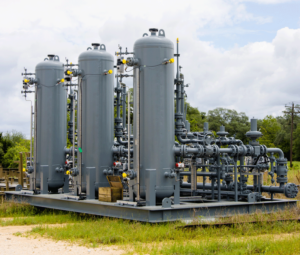 The Missing Generation
The Missing Generation
The impact of Covid on the sector goes beyond rig count, however. As Werner points out, the pandemic saw a lot of people leave the workforce, including a layer of skilled employees crucial to the firm’s succession planning.
“We employ a lot of welders, which make up 40% of our staff, and a lot of them were near retirement age when Covid hit,” Werner says. “So, when the pandemic happened, a large portion of that workforce retired. We have had to rebuild that group of experienced, qualified welders which has been a big challenge.
Fortunately, Titan is considered a premier employer in the manufacturing community, with a great track record as a desirable place to work. It means that the firm can attract the people others struggle to hire.
“It comes down to great leadership in the company, all the way up from the front-line supervisors,” Werner tells us. “We try to instil a culture of doing what’s right by our customers and employees. We are an open book and are known for doing what we say we are going to do. Employees want to be part of an organization with that sense of pride and commitment.”
It is a culture that permeates into Titan’s supply chain, as can be seen in the strong relationships the firm maintains with suppliers such as steel supplier Griffin Trade Group.
“We work closely with Griffin for our steel needs,” Werner says. “We spend a lot of money on the metal side, we buy the raw materials, instrumentation, and electrical components from different suppliers. We then fabricate and assemble it all together, and so having a dependable supply base is critical to meeting demanding delivery schedules.”
A Greener Future
Werner wants to build on that foundation to become a key player in the clean energy sector. Titan has recently become a key manufacturing partner for a green hydrogen start-up company and is currently manufacturing the balance of plant equipment for their first commercial site. Titan has also become a key manufacturing partner to Streamline Innovations which provides environmentally-forward Gas Treating Solutions (H2S Removal) helping to make industries cleaner, sustainable and more profitable.
As we speak to Werner, Titan has recently acquired a new facility with a long-term lease for an additional 145,000 square feet, which will prove a key asset in the company’s ongoing growth strategy.
“Our vision is to support the clean energy industry as it continues to grow and evolve, and to become the premier manufacturing partner for the sector,” Werner tells us. “And we will be successful doing so by leveraging our differentiated engineering, design, manufacturing and project management capabilities.”
